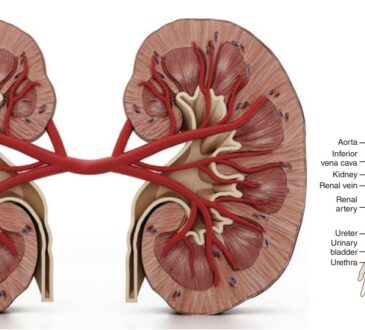
Many women look warily toward that time when hormones will — once again — change rapidly and cause havoc in their bodies. Many women experience at least some symptoms of hormone fluctuations during The Change. Many of them will be uncomfortable and potentially unsettling. However, there are natural ways to help manage these symptoms. Keep reading to learn more about managing your menopause symptoms without hormone replacement therapy.
Get Plenty of Sleep
Sleeping seven to nine hours each night is one of the best things you can do for your body and one of the most difficult during menopause. One of the most common symptoms experienced during this time is night sweats. You should know that these are not the same as feeling warm at night, and you’ll know it if you have them. You’ll wake up drenched from head to toe during the night. It isn’t enough to change your pajamas; you’ll need to change the bedding, too. There’s a good chance that you’ll need to invest in a waterproof mattress protector for your bed.
If you can find a way to stay cool, aim to get at least seven hours of sleep each night. Cooling bedding and loose clothes may help dissipate some heat, and many people find room air conditioners and lots of fans helpful. There are also some natural menopause supplements available that support hormone levels and may help you sleep more comfortably.
Explore Natural Supplements
Night sweats aren’t the only reason to turn toward supplements. They may also help with many other symptoms of menopause, including enhancing general health and well being as well reducing hot flashes.
Eat a Balanced Diet
If it seems like the medical establishment recommends a balanced diet to counter most health conditions, that may be because it is one of the healthiest lifestyle choices you can make. When you get most of your required nutrients from natural food sources, your body can better protect and repair itself and respond to sudden changes — like the drop in hormone production during menopause.
Ensure Adequate Protein Intake
Eating protein-rich foods throughout the day coupled with regular exercise can help you maintain lean muscle during and after menopause.
Focus on Fresh Fruits and Veggies
Fruits and vegetables have lots of fiber and phytonutrients to support healthy body systems. Try to make them the focus of most of your meals to see a benefit.
Limit Sodium
There is evidence that reducing sodium intake can help support healthy bones. For example, one study found that adopting a low-sodium diet after menopause helps support higher levels of bone density.
Monitor for Trigger Foods
Certain foods can contribute to uncomfortable menopause symptoms. For example, many women find that excess caffeine, alcohol and spicy foods cause hot flashes. Others note that foods causing spikes in blood sugar (cookies, sweets, refined white flour, etc.) can aggravate symptoms. Keeping a food diary can help you identify what foods trigger your symptoms so you can avoid or limit them in the future.
Increase Physical Activity Levels
Regular physical activity is an integral part of a healthy lifestyle. It can also help you address many concerns associated with menopause. Making exercise part of your everyday routine can help you avoid weight gain and muscle loss, support strong bones and improve your mood.
Address Your Emotions
This is a highly emotional time. For example, you may experience anxiety about the unknown or concerns over increased cancer risks. Many women mourn the end of their ability to have children, with an intense feeling of grief and loss. Physical changes in your body can also create an emotional response, and depression is not uncommon during menopause. It is critical to acknowledge and address these feelings as normal, acceptable and a unique part of who you are.
Menopause can be a physical and emotional roller coaster. Your body undergoes numerous changes that you now have to learn to live with. Natural methods, such as eating a balanced diet, exercising and getting enough sleep, can help you navigate the roughest parts of the journey.




